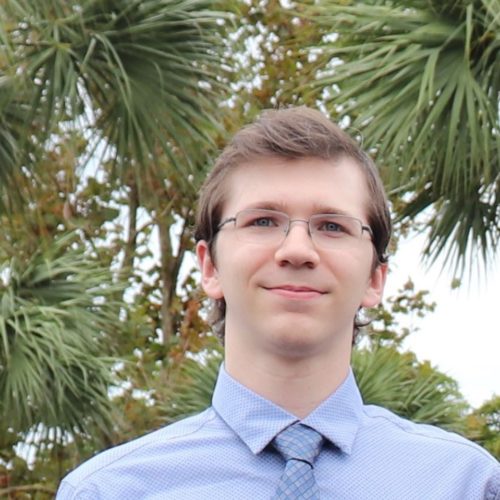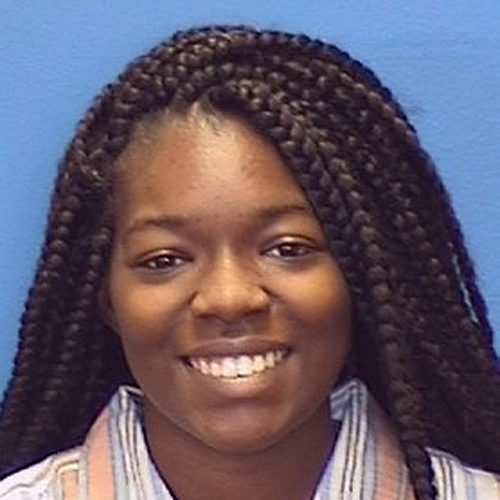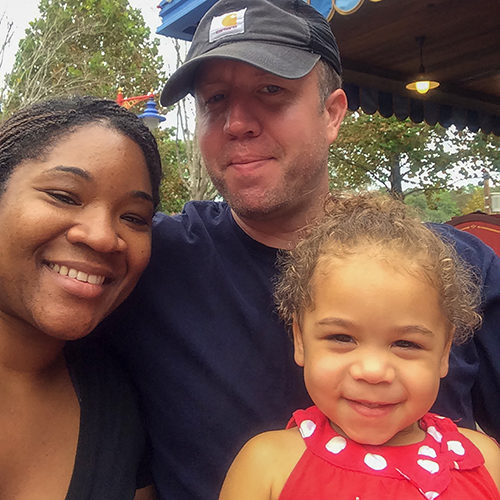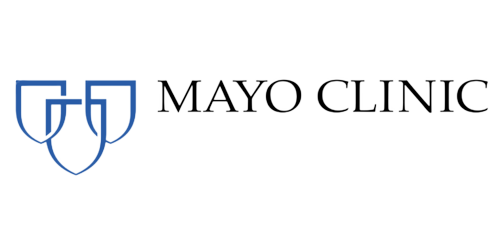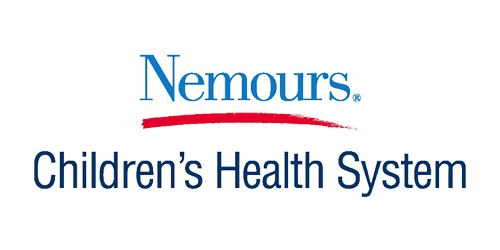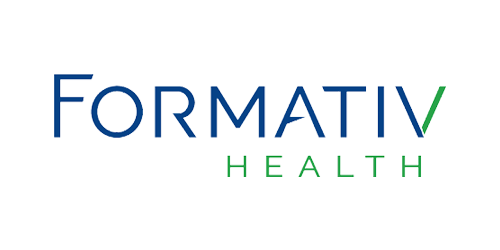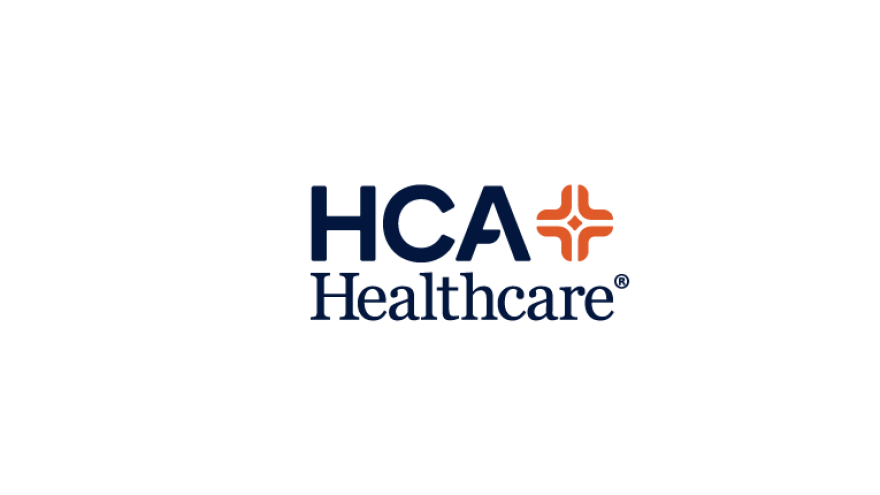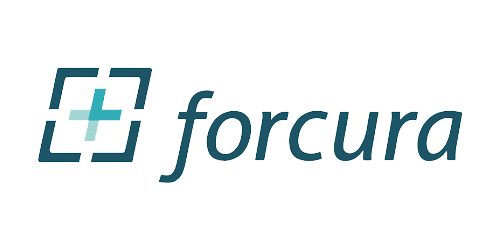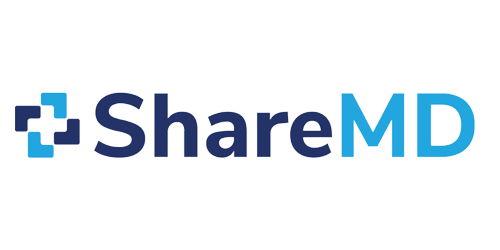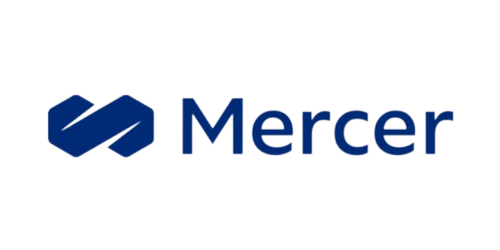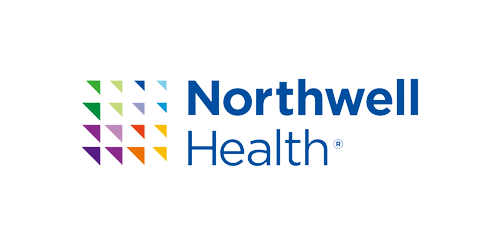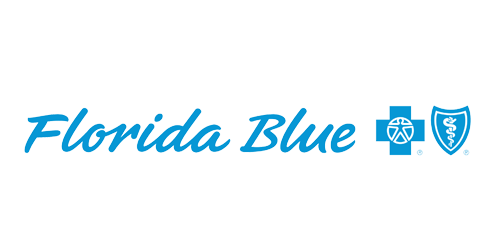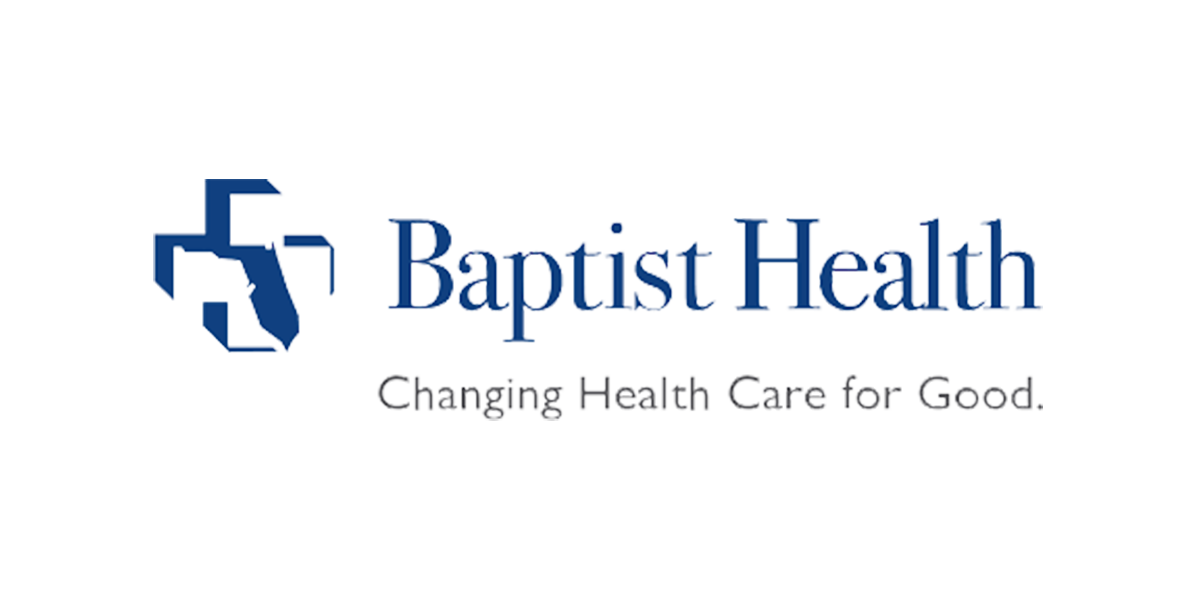Finding passion and purpose in health care
With more than 20 hospitals and medical institutions in Northeast Florida, there are plentiful career opportunities in patient care. Amber Gainer, RTR, CT, found her purpose providing patient-centered care as a radiologic technologist at Baptist Health.
“I take pictures all day long,” Gainer said. “There is nothing typical about my job. No two days are ever the same. I like that every day provides a new challenge and a new experience.”
Radiologic technologists perform X-rays and scans on all parts of a patient’s body for a variety of reasons. The images enable physicians to diagnose a disease, an acute condition or an injury. In addition to having the appropriate education in medical technologies, radiologic technologists are licensed and registered.
In 2013, Gainer took part in Tipping the Scale, a nationally recognized mentoring and advocacy program founded by Baptist Health and The Bridge of Northeast Florida. The program pairs Jacksonville high school students with Baptist Health team members who volunteer as mentors. The experience left a lasting impression on Gainer.
“I couldn’t see myself doing anything outside of health care,” Gainer said. “I was drawn to patient care and the sense of helping others.”
Gainer initially considered pursuing a career in veterinary medicine or pediatrics. She began her healthcare career working as a certified nursing assistant (CNA). After two years, Gainer wanted to take her career in a different direction.
Finding the right career resulted after Gainer began searching for opportunities and exploring different career pathways that appealed to her interests. She took advantage of shadowing to explore different jobs and discovered her passion.
“I had a job shadowing experience in the X-ray department and I fell in love with it,” Gainer said. “I knew it was the career for me.”
Gainer attended Florida State College at Jacksonville and Keiser University, where she earned an associate’s degree in Radiologic Technology and a bachelor’s degree in Imaging Sciences. After graduation, she earned her certification from the American Registry of Radiologic Technologists and was eligible to be licensed by the State of Florida.
Gainer returned to Baptist Health in 2019. Radiologic technologists play an important role in patient care. Gainer communicates with patients as well as physicians, nurses and other hospital personnel. Her job requires adaptability and working with others as a team.
“I enjoy being part of a system that helps people get better,” Gainer said. “My goal is to make every patient smile and to make sure I do the best for that patient.”
Gainer continues to advance her career with on-the-job training. In addition to her certifications in X-ray and CT, she is expanding her radiology expertise to include MRI modalities. She encourages everyone interested to consider and explore the vast opportunities in health care.
“There are so many career opportunities in hospitals and health care - more than most people realize,” Gainer said. “If you find something that interests you, pursue it.”






